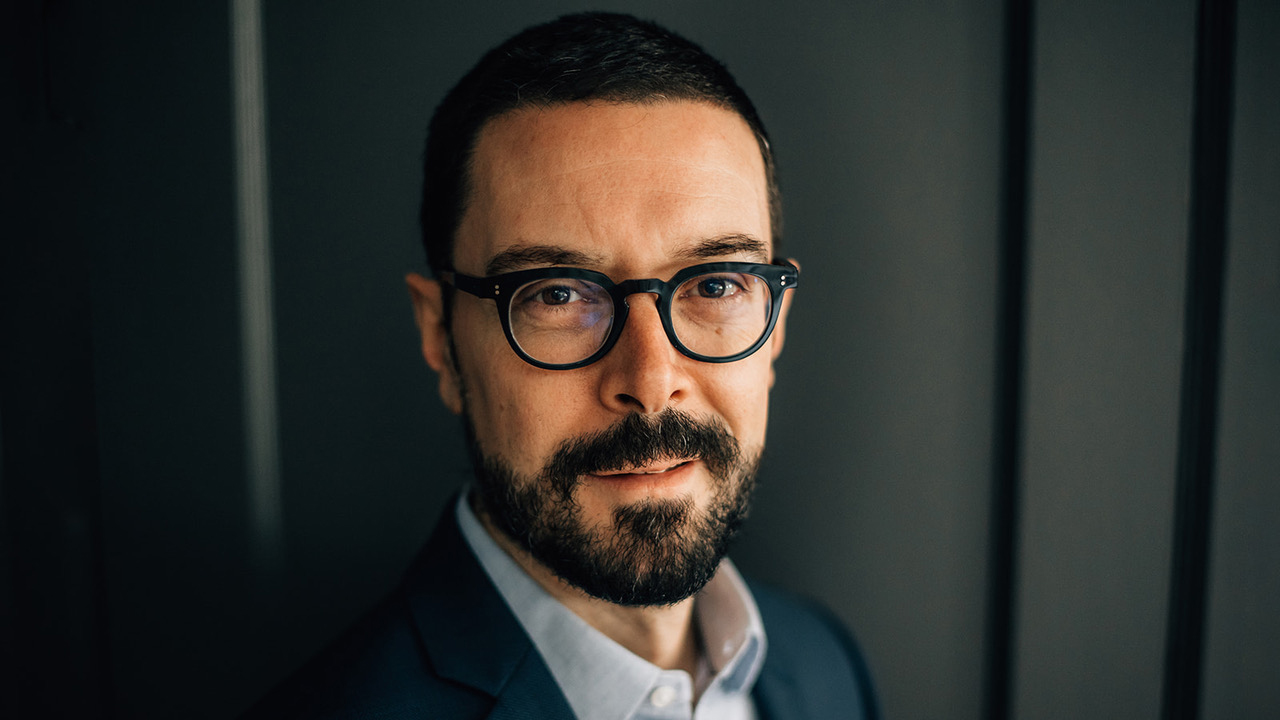Antoine Borrut Awarded NEH Fellowship
January 26, 2023

The associate professor of history is working on a book about the role of astrological histories in early Islam.
By Jessica Weiss ’05
Though astrology—or the study of the positions and motions of celestial bodies—has at times been cast off as a pseudo-science by scholars, research conducted by a University of Maryland historian seeks to establish the key role that astrologers played in constructing historical knowledge in the early Islamic world from the seventh to 10th centuries.
In addition to more widely-studied genres of historical writing, such as chronicles and biographies, there’s a substantial corpus of “astrological histories” from the time period that has largely been forgotten, said Associate Professor of History Antoine Borrut.
“These are histories that were written by astrologers who were casting horoscopes to explain the past, the present and the future,” Borrut said. “Planetary conjunctions and eclipses were particularly meaningful for astrologers to explain, or predict, historical change.”
For instance, the conjunction of Saturn and Jupiter in Scorpio on the vernal equinox of 571 was interpreted by astrologers as announcing the rise of Islam and the advent of the prophet Muhammad, he added.
Borrut was recently awarded a 2023 fellowship from the National Endowment for the Humanities (NEH) to finish his book project on the topic, “Astrology and the Construction of Historical Knowledge in Early Islam.” He is among 70 recipients of NEH fellowships nationwide this cycle; UMD Associate Professor Michele Lamprakos in the School of Architecture, Planning & Preservation is another winner.
Astrology has been linked to historical writing across the world—from the Near East to pre-Columbian Mesoamerica to medieval and early modern Europe up to the 17th century. Borrut, who specializes in early Islamic history and historiography, has long been puzzled by the fact that one of the most famous scholars of early Islam, al-Khwarizmi, whose name led to the term “algorithm,” has been remembered as an authority in almost every single field of knowledge—including astrology—except history.
“My quest for his lost ‘History’ made me realize that it was not just al-Khwarizmi's text but rather the entire genre of astrological histories that had fallen into oblivion” in the early Islamic world, Borrut said.
Borrut previously conducted research for the book while the inaugural Patricia Crone Member in the School of Historical Studies at the Institute for Advanced Study at Princeton from 2016–17.
Headshot by Juliette Fradin Photography.

